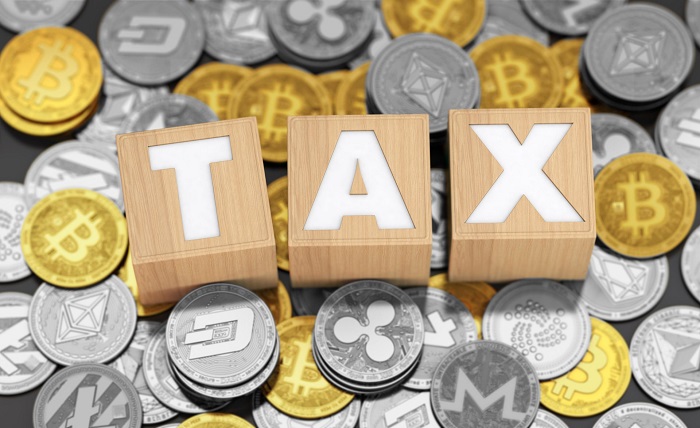Rajkot Updates: Government May Consider Levying TDS & TCS on Cryptocurrency Trading

The world of cryptocurrencies has been rapidly evolving, gaining immense popularity and raising eyebrows in equal measure. As governments grapple with the regulatory challenges posed by digital currencies, recent news suggests that the Indian government, specifically in the city of Rajkot, is contemplating imposing Tax Deducted at Source (TDS) and Tax Collected at Source (TCS) on cryptocurrency trading. In this blog post, we will explore this development and its potential implications for the cryptocurrency ecosystem.
Understanding the Significance of TDS and TCS
TDS and TCS are well-established mechanisms employed by governments worldwide to streamline tax collection. Tax Deducted at Source refers to the deduction of taxes from the income of an individual or entity at the time of payment. Tax Collected at Source, on the other hand, involves collecting taxes from the buyer of goods or services at the time of purchase.
Cryptocurrency Trading and Its Tax Implications
The rise of cryptocurrencies has introduced a new dimension to taxation frameworks globally. Given the decentralized nature of cryptocurrencies and the lack of regulatory oversight, governments have been grappling with how to effectively tax transactions in this space. By considering the implementation of TDS and TCS on cryptocurrency trading, the Rajkot government aims to address this issue and ensure proper tax compliance.
Potential Benefits of TDS and TCS on Cryptocurrency Trading
- Enhanced Tax Compliance: One of the primary benefits of implementing TDS and TCS on cryptocurrency trading is improved tax compliance. By deducting or collecting taxes at the source, the government can have greater control and visibility over cryptocurrency transactions, reducing the possibility of tax evasion.
- Revenue Generation: The introduction of TDS and TCS on cryptocurrency trading has the potential to generate significant revenue for the government. With the growing popularity of cryptocurrencies, a well-regulated tax system can ensure that the government receives its due share of taxes from this emerging.. industry.
- Encouraging Legitimate Cryptocurrency Trading: By imposing TDS and TCS, the Rajkot government can create a level playing field for legitimate cryptocurrency traders. This move may discourage illicit activities and promote transparency within the cryptocurrency ecosystem.
Challenges and Concerns
While the implementation of TDS and TCS on cryptocurrency trading seems promising.. it is not without challenges and concerns.
- Technical Complexity: Cryptocurrencies operate on complex blockchain technology, making it challenging to accurately determine taxable events and calculate taxes. The government will need to develop robust systems and mechanisms to handle the technical complexities associated with cryptocurrency taxation.
- Evolving Nature of Cryptocurrencies: The cryptocurrency landscape is constantly evolving, with new cryptocurrencies and trading platforms emerging regularly. The government must stay updated & adapt its tax policies accordingly to ensure they remain effective and relevant.
- Potential Impact on Innovation: Excessive taxation on cryptocurrency trading may discourage innovation in the sector. Striking the right balance between taxation and fostering technological advancements will be crucial to promote the growth of the cryptocurrency industry.
Conclusion
The consideration of levying TDS and TCS on cryptocurrency trading by the Rajkot government reflects the evolving regulatory landscape surrounding digital currencies. By implementing these measures, the government aims to address tax compliance issues and ensure a fair and transparent cryptocurrency ecosystem. While challenges remain, such as technical complexities and the need for continuous adaptation, it is evident that governments worldwide are acknowledging the importance of integrating cryptocurrencies into existing tax frameworks. As the cryptocurrency industry continues to mature, it is essential for governments to strike a delicate balance between regulation, taxation, and fostering.. innovation.





